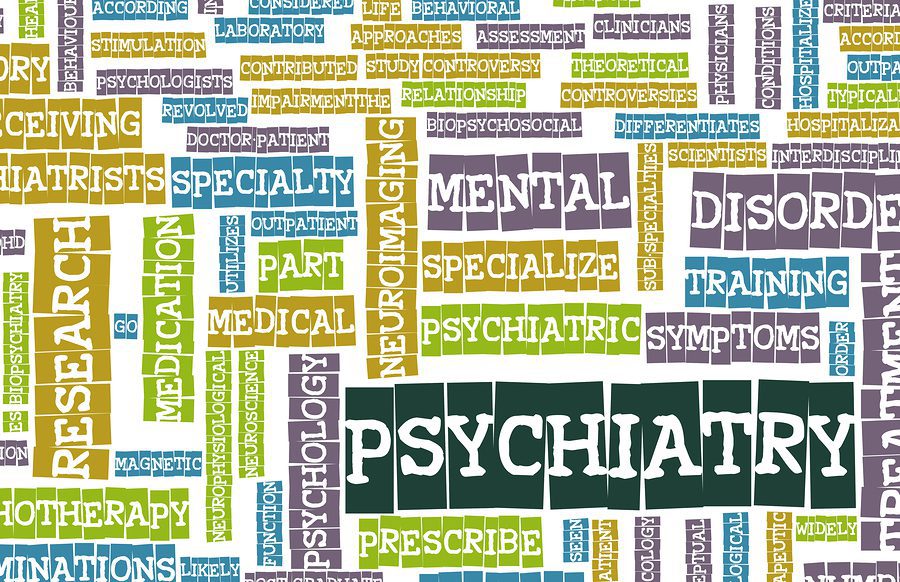
Nearly 1 in 5 U.S. adults suffer from some form of mental illness, while over 19 million battle a substance use disorder (SUD). 8.5 million are afflicted with both.
With such resounding statistics, it’s not surprising that failures in care coordination can increase medical industry costs by $25 to $45 billion annually. The question is, what’s the solution?
The regulatory environment for mental healthcare providers is vastly different than that of their clinical counterparts. This creates significant challenges, one of the most difficult being sharing patient data between the two types of providers. A portion of that difficulty comes from the fact that many mental health providers don’t use electronic health records (EHR)s.
The EHR Challenge for Behavioral Health Records
EHR adoption among behavioral health providers has lagged behind other medical providers primarily because the government incentives don’t apply. Although the Health Information Technology for Economic and Clinical Health Act of 2009 (HITECH) provided billions of dollars in subsidies for medical providers to purchase and maintain EHRs, the act did not make incentive payments available for mental health and SUD providers.
Privacy concerns also impact electronic record adoption rates. Years ago, mental health records were kept in separately locked filing cabinets to ensure privacy. That expectation of privacy doesn’t go away with the implementation of an EHR, and it’s also still expected that complete medical record documentation will be maintained. This can lead to double charting or separate record keeping, both of which are extra work in what can be an already exhausting process.
Interoperability of Behavioral Health Records is Possible
Regardless of the challenges, integration of, and interoperability between, clinical and mental health data is still viable.
Back in 2014, a coalition of seven states – Alabama, Florida, Kentucky, Michigan, New Mexico, Nebraska, and Iowa – along with the Office of the National Coordinator for Health Information Technology (ONC) and the Substance Abuse and Mental Health Services Administration, successfully completed a pilot project for the interstate exchange of electronic behavioral health data using an electronic data management platform called Direct. Although this initiative highlighted both technical and operational challenges with using Direct, ultimately it demonstrated that such exchanges can be performed.
As more guidelines are put in place for care delivery, there also needs to be a focus on funding, and long-term integration of behavioral health records, with proper privacy protocols built into the EHRs.
According to a report by The Bipartisan Policy Center: Integrating Clinical and Mental Health: Challenges and Opportunities, there are several options for policymakers to increase care coordination within mental health care:
- Expand the substance use report (mandated by the 21st Century Cures Act) to make future recommendations to Congress.
- Direct federal funding to mental healthcare facilities.
- Permit funding from the HITECH Act to go to mental health and SUD providers, then encourage or require those providers to adopt EHR systems.
- Provide more guidance on HIPAA updates.
It is encouraging to see efforts like the Patient Protection and Affordable Care Act from 2010, which mandates coverage of mental health services as an essential health benefit, as well as the 21st Century Cures Act of 2016 that requires greater accountability and coordination for federal mental health programs.
Now it’s more than time for behavioral health record management to take a step forward and be fully included in the EHRs of today and tomorrow.
Legacy Data Management Key to Maintaining a Complete Patient Record
One important component of a more thorough healthcare experience in the United States is the move toward the comprehensive health record (CHR), a term coined by Epic, an industry leading EHR. While there are numerous HIPAA guidelines that must be followed regarding sharing mental health information, the bottom line is that complete care is extremely difficult to provide without access to a complete patient record.
It makes sense that to expect better healthcare outcomes, there needs to be a focus on improving access to the complete patient narrative, including legacy data. HealthData Archiver® is a secure solution that seamlessly integrates legacy records into a searchable and simple to use format so that important records are at your fingertips anytime you need them.
Privacy and security are key ingredients in our archive solution. We help you ensure that archived data within HealthData Archiver® is monitored for unusual activity and compliance through an integrated third-party monitoring platform like FairWarning. Audit activity from login to logout is captured so administrators can rest assured the privacy and security of protected health information is covered.
Is your mental health organization considering implementing a new behavioral health EHR – such as Netsmart, myAvatar™, Credible, Accumedic, Mindlinc, NextGen, or Valant – but you’re not sure how to handle old patient records that won’t convert? Have you already adopted a mental health EHR but need help executing a legacy data management plan?
Increase efficiency, contribute to industry access to the complete patient record, and alleviate your own headaches about outdated, vulnerable legacy systems.
Give us a call. We’re ready to talk.






